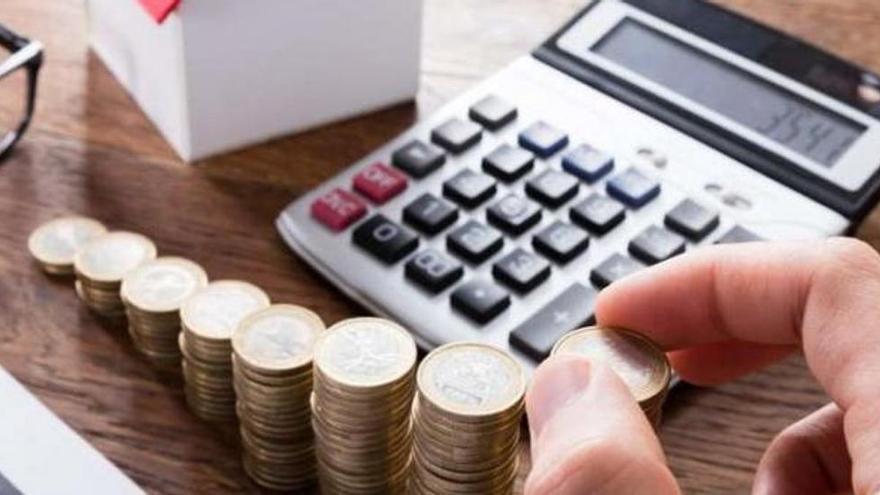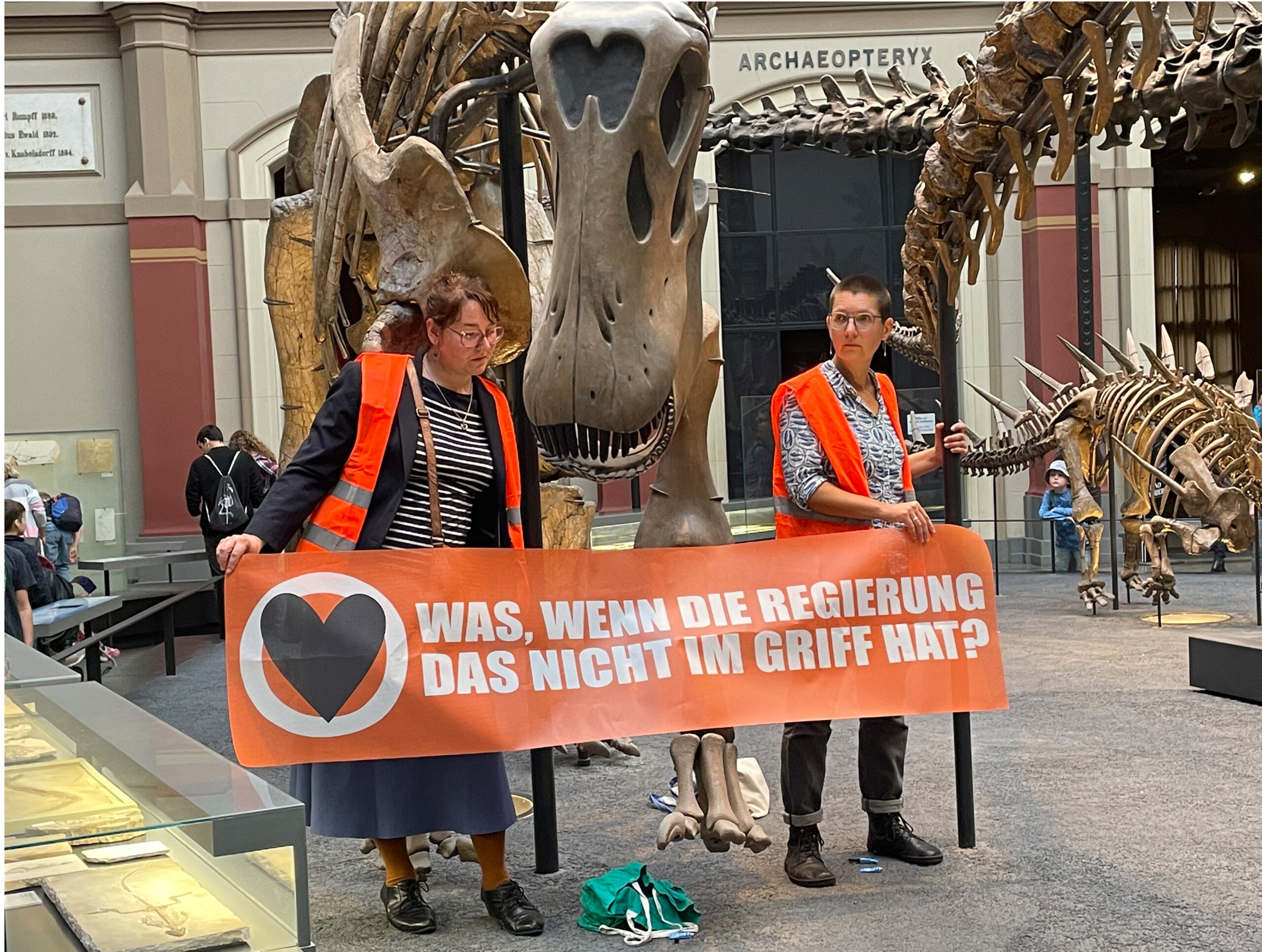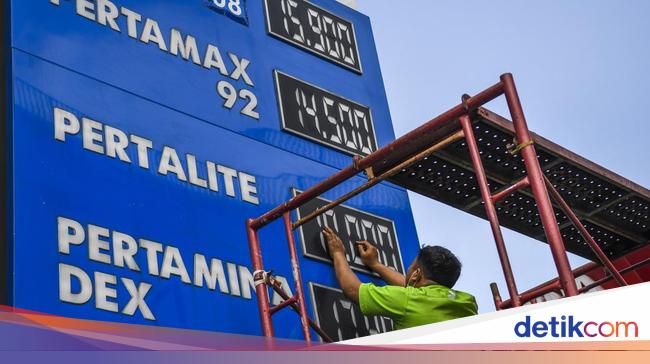Payment of the mutual it became a real headache for homeowners consumers, in a year when rising inflation is severely punishing household pockets. The euribor want close the month of October with an average rate of 2.62%, the highest since the beginning of 2009, that significant increase in altitude for all those who have a variable loan and who now have the annual review. Twelve months ago the indicator was still at historically low levels (-0.477 was the October 2021 figure) but the following rate hikes from European Central Bank (B.C) to fight inflation they have led to an increase of more than three points over this period. The consequence is that, in the case of an average loan of 150,000 euros with a duration of 25 years plus Euribor and a differential of 1%, the installment would jump from approximately 535 euros to 750, with an increase of approximately 215 euros per month or, which it’s the same, about 2,580 per year.
However, it should be noted that those variable rate mortgages signed a few years ago (for example before 2010) have amortized a large part of the residual capital in this period. For these users, the increases will have a much smaller impact since in the French depreciation system (the most used in Spain), most of the interest is paid in the first years of life.
Usually, the less time has elapsed since the loan was signed, the more expensive the monthly installments will be after the review. The biggest problem will be for those who have contracted at a variable rate in recent years, with the Euribor negative, and for those who have yet to pay most of it. Furthermore, logically, the increases will be more substantial for higher-value mortgages. Following the previous example, a rent that in the last year was 711 euros, would now be around 1,000 euros.
there are many simulators of mortgages and the internet, most of which from the financial entities themselves. The Bank of Spain also has one in which the installment to be paid can be determined by entering the loan principal, the amortization period in years and the interest rate (the sum of the Euribor plus the differential determined in each loan).
Banks, when granting variable mortgages, usually offer lower spreads in exchange for greater customer loyalty (direct debit payslips, home and life insurance, etc.). A) Yes, at this time there are bonus spreads between 0.6% and 0.7%while without these links the spreads fluctuate between 1.2% and 1.6%.
In recent months, with the escalation of the Euribor, there has been one renewed interest on fixed rate mortgages, both from those who are about to buy a house, and from customers who already had an adjustable rate mortgage and are trying to change their conditions. The banks, logically, have taken advantage of this situation to make this product more expensive, and it is already difficult to find offers below 3% APR (asking the customer for connection conditions of other products) and some are already above 4%. .
According to the latest data from the National Institute of Statistics (INE), 72% of home loans stipulated in August were at a fixed rate, the lowest percentage since last January, due to the new banking strategy, plus the improvement in the conditions of variable compared to the granting of new ones at a fixed rate. Most of the variable rate mortgages in Spain are related to the Euribor which, according to experts, could fluctuate between 3% and 3.5% in the next year.
market landscape
Related news
All these dynamics mean that real estate experts see moderation in current market rates as very likely, both in sales and prices. The increase in the cost of financing due to the increase in the Euribor is pushing buyers to speed up the closing of deals to avoid the new hikes.
According to the INE, the first eight of the year recorded a total of 29,613 purchases, with an increase of 44% compared to the same period of the previous year, and ever closer to 2007 levels, which marked the height of the housing boom. So between January and August 29,869 were sold, or only 0.8% more.
The ECB applies the third rate hike of the year and brings the price of money to 2%
On Thursday, the ECB’s Governing Council approved the third rate hike of the year and raised interest rates by 75 basis points, so that the price of money for financing operations is now at 2%, the lowest level. from January 2009. This new increase had already been discounted by the Euribor, which usually anticipates the decisions of the institution. The index will thus close October at 2.62%. To find a higher value, it is necessary to go back to December 2008, when it was 3.4%.


